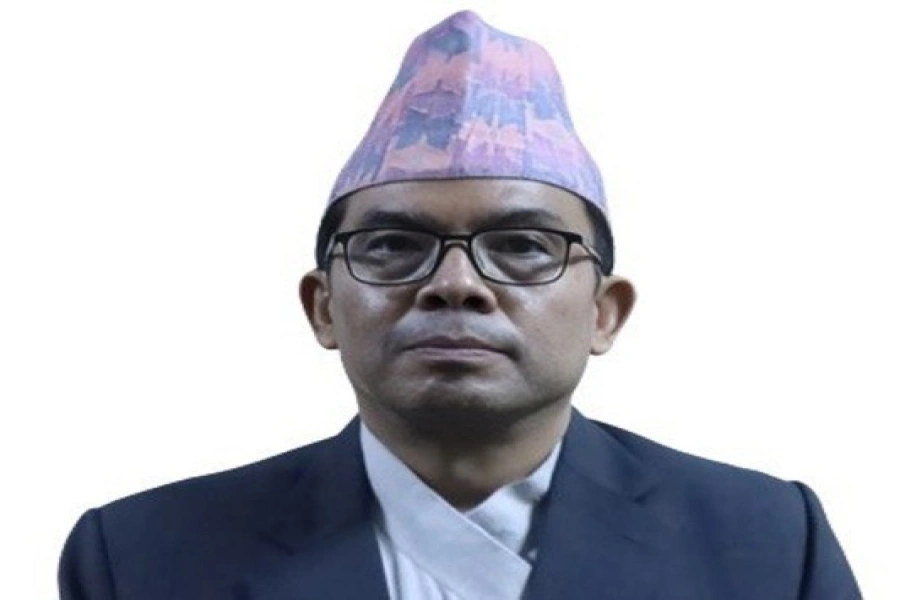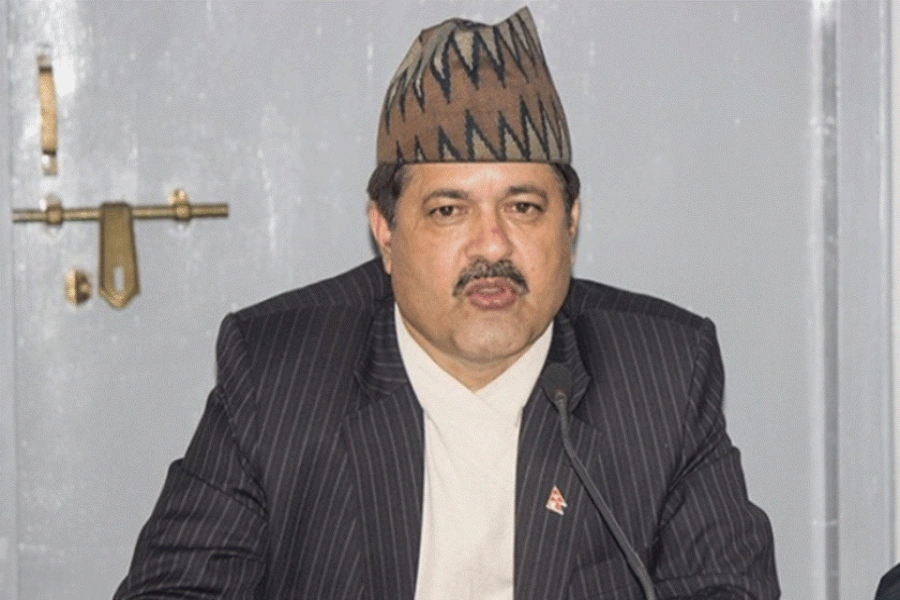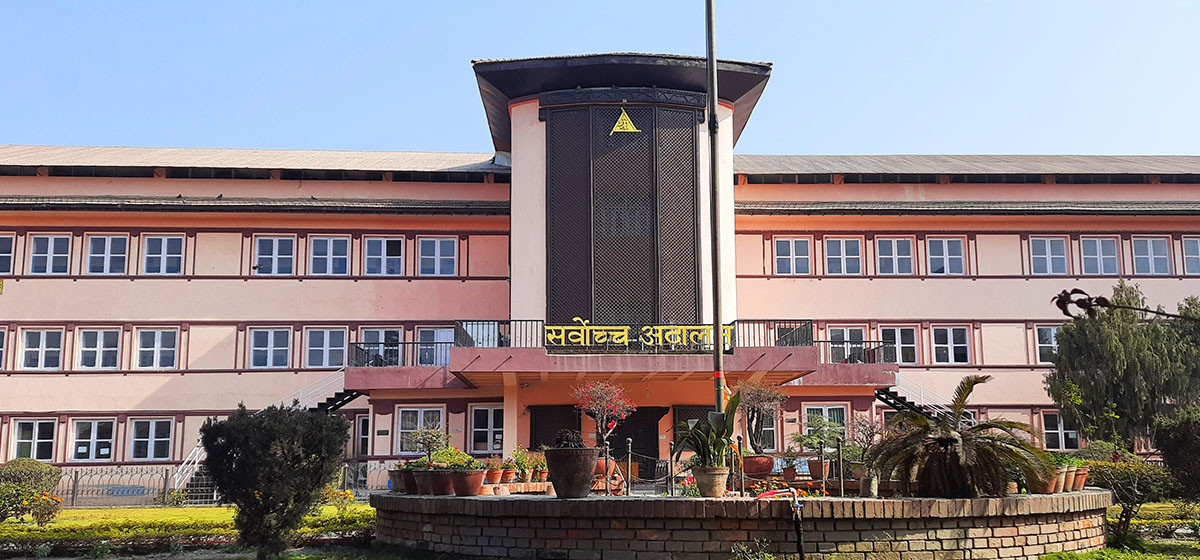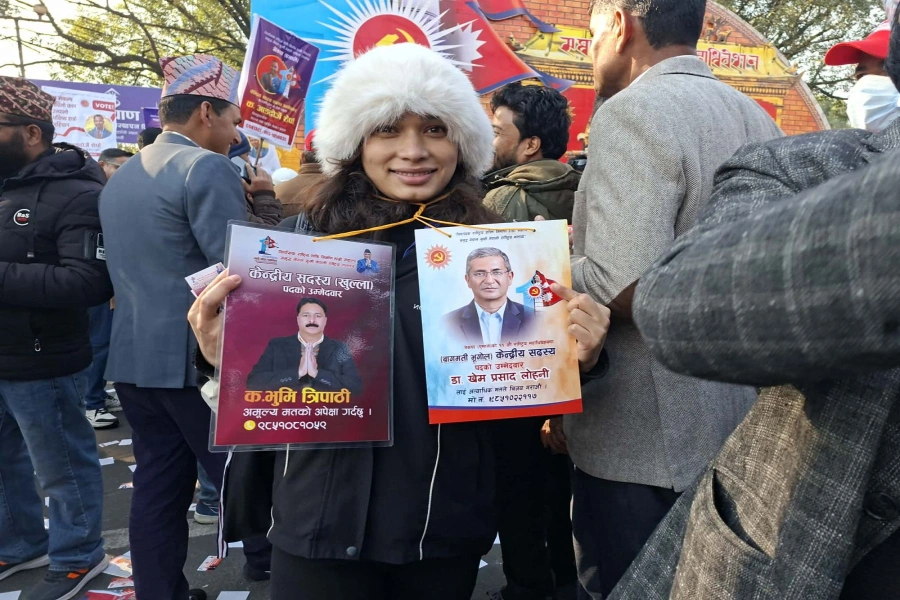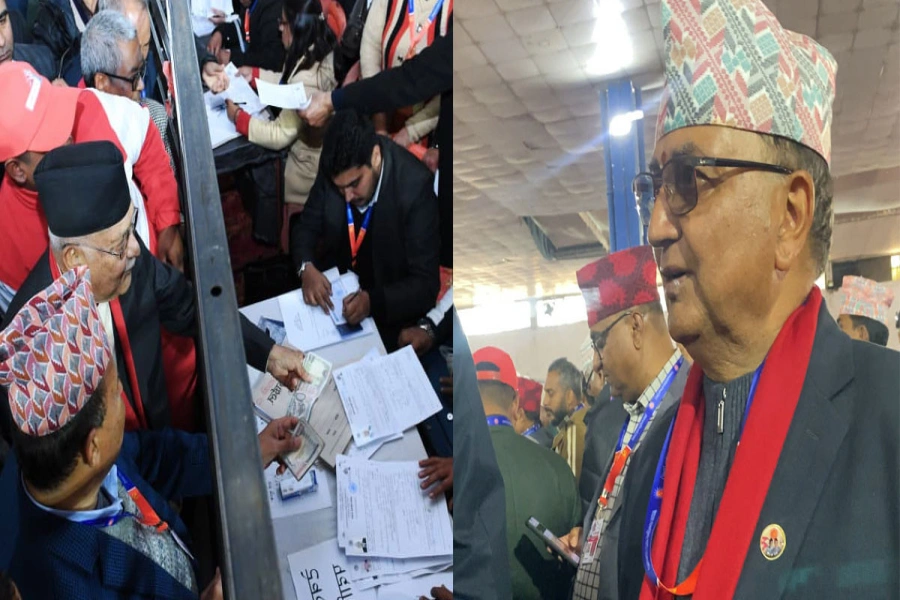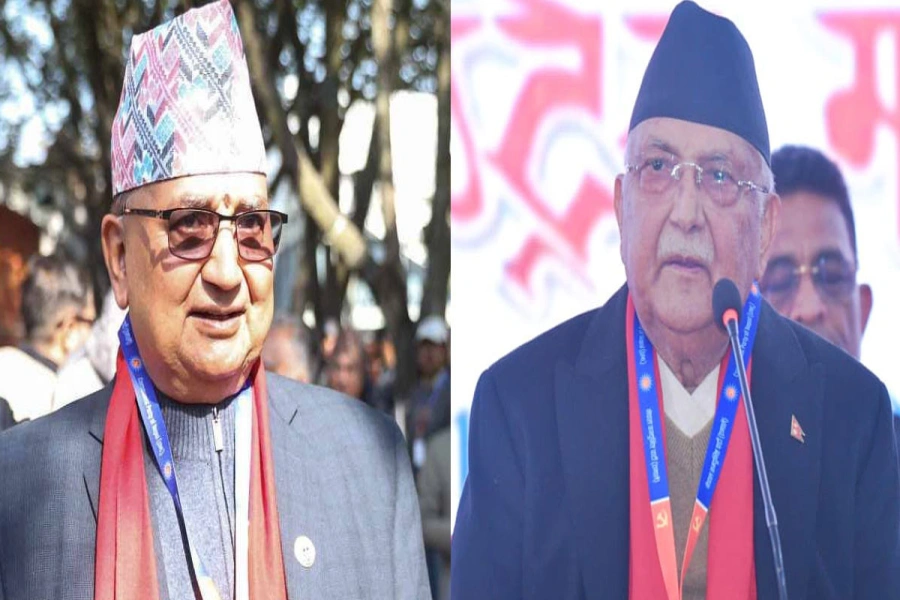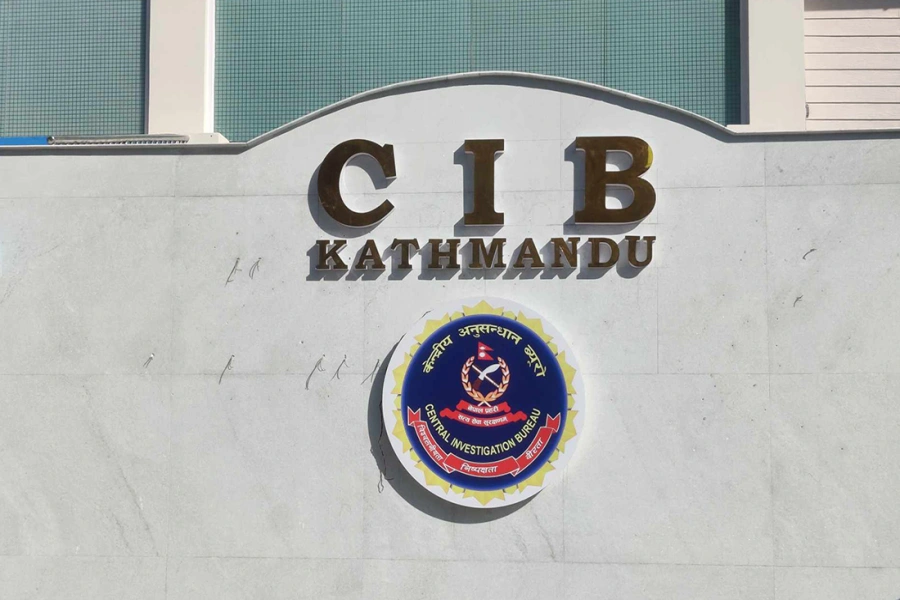The Constitution of Nepal, 2015 ensures every person’s right to live with dignity and right to health as fundamental rights. Nepal's Health Policy 2076 also seems to have accepted the importance of mental health from the state level by having a vision that all Nepali citizens will be physically, mentally, socially and emotionally healthy and be able to live a productive and quality life. However, over the years, Nepal has failed to provide its citizens with appropriate mental health laws, leaving millions of people deprived of their Right to Mental Health recognized by the Human Rights Council Resolution A/HRC/RES/32/18 as basic rights of a person.
The Constitution of Nepal, Article 35 mentions that every citizen has the right to receive basic health services free of charge from the state and to have equal access to health services under the right to health. Public Health Service Act 2075(2017), Sub-section 4 (e) of Section 3 includes mental health services in the list of basic health services recognized by the state. Similarly, the Public Health Regulations 2077(2019), in its Schedule 1 and 2 includes mental health problems in basic and emergency health services provided at the federal, provincial and local levels. However, for the last few years, mental health problems and suicide cases in Nepal among the youngsters have escalated in a massive scale. As per the data provided by the Nepal Police, whopping 6,830 individuals took their lives in the fiscal year 2078/79 BS. The lack of mental health awareness and lack of appropriate care service has caused serious harm to Nepalese society leaving both individuals and families stressed to cope up with the psychological and social effects of mental health. Despite knowing the situation, the government has yet to pass legislation that would properly address the challenges and problems. Absence of appropriate law has given rise to ignorance of mental illness, social solidity and decreased quality of life of the citizens. Mental health legislation in Nepal is inadequate, and has neglected the fundamental Right to Health as well as International Human Rights slogan of WHO "There is no health without mental health".
Mental health is often marginalized and stigmatized, leading to serious consequences for both individuals and society as a whole. Mental health issues are often seen as too “private” or “personal” to address, and so they are often overlooked or ignored entirely. Apt Mental Health Law is the only crucial weapon to shield the Human Rights of people struggling with mental health issues and disorders as it acts as a great tool of disseminating awareness on Mental Health.
Mental Health and Human Rights

Ditches on the Pathway to Development
The Government of Nepal has been attempting to address the issue of mental health through various policy initiatives and programs. The current National Mental Health Action Plan and Strategy, 2077 is one of them. Despite the effort, there are still many areas that need to be addressed. For instance, the mental health policy does not take into account the different needs of different groups. In addition, there is a lack of sufficient resources and trained personnel to provide mental health services to those who need them. Furthermore, there is a lack of awareness about mental health issues as people often do not recognize the signs and symptoms of mental illnesses and do not seek the necessary help. Although there has been an effort, it's not up to the mark.
Trajectory towards International Law
Nepal has become a party to seven out of nine core international human rights treaties which emphasize prioritizing mental health of a person. For instance, Article 12(1) of the International Covenant on Economic, Social and Cultural Rights (1966), explicitly mentions that “The States Parties to the present Covenant recognize the right of everyone to the enjoyment of the highest attainable standard of physical and mental health”.
In this interpretation, Article 278 of the Constitution of Nepal 2015, has given the power to the federal government to conclude treaties or agreements. Subsequently, the Nepal Treaty Act, 1990 A.D (2047 B.S) emphasizes on making legal provisions in regard to the procedure relating to signing, ratification, accession, acceptance, or approval of treaties or agreements to which Nepal or Government of Nepal is a party, as well as in regard to their implementation. Section 9 of the same Act mentions treaty provisions to be enforceable as good as national laws and any laws inconsistent to the International Law shall be void ab-initio.
Widening the road to Mental Health Law
The current lack of attention to mental health law is a major issue that needs to be addressed urgently. The first step is for the government to pass comprehensive mental health legislation that addresses preventive, curative, and rehabilitative interventions. Such a legislation should include an emphasis on mental health awareness and education, increased availability and accessibility of mental health services, increased funding for mental health services, and measures to address mental health in other sectors as well to integrate people to live with dignity in the community, establishing support, and providing love and comfort to overcome mental health problems.
In a case of Advocate Sailendra Prasad Ambedkar Vs Nepal Government, Decision Number, 10675 the Supreme Court has endorsed mental health significance and its service to be accessible, available and affordable to all. Therefore it is high time for the Government to bring mental health under the light of fundamental rights and pave a wider path than to leave it in a tight alley.






